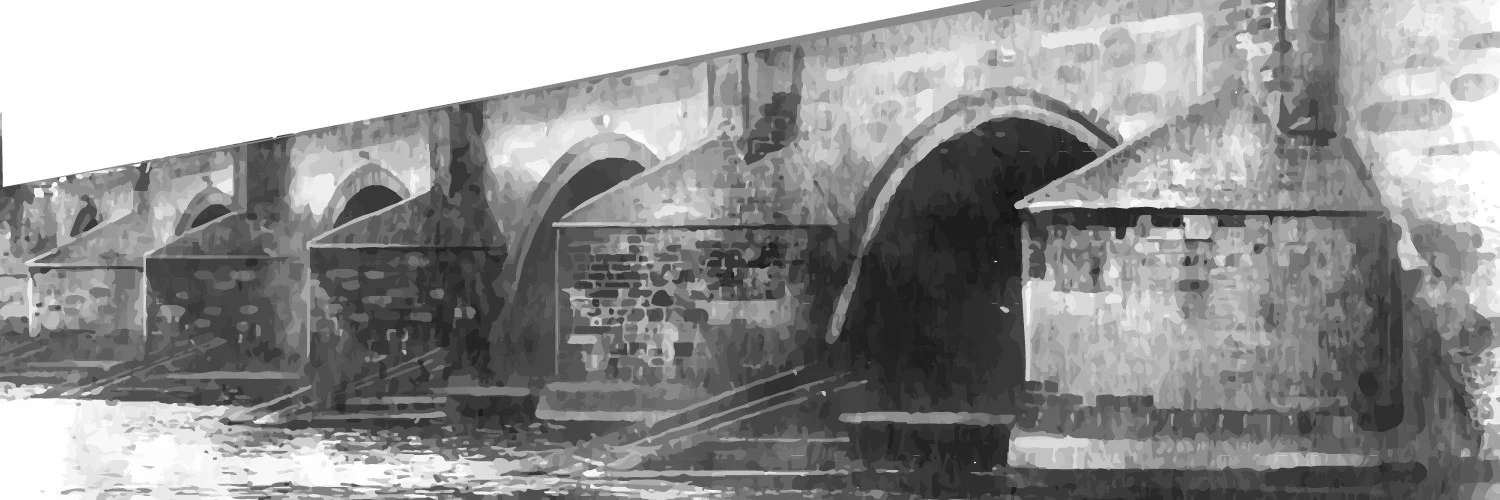"Monday Musings” are designed to get quick, insightful thoughts based around three questions from those interested in strategy, from the most experienced and lauded, to our newest thinkers/writers.
1. Who had the greatest impact on you intellectually (whether through writing, mentorship, etc.)?
In life, we sacrifice youth for intellect. Impacts on intellect come from people and from experience. As for people, the easy answer is my parents. My mother and father shaped the person I am today, taught me to think for myself, taught me to support my children in all they do and love them for who they are. As for experience, it was my time in 2nd Brigade of the 101st Airborne Division, also known as the Blackhearts. More specifically, it was the time in South Baghdad on the 05-07 deployment.
Our Brigade lost 55 soldiers, killed in action over the yearlong deployment to South Baghdad; 56 when you include the suicide of the deputy commander six years later. I had yet to turn 26 when I arrived in second Brigade, and traded in that youth for the combat experience I shared with my fellow soldiers. Intellect is part passion, the ability to speak truth to power, and competence guided by a moral compass. I was lucky to grow my intellect by watching people with these traits perform their job over the course of the yearlong deployment. I hope my intellect continues to grow with other and future experiences, but the reality is that I have been living on house money ever since.
2. What book (fiction, history, or academic) do you think best explains strategy?
War is inherently a human endeavor, and nothing gets to the human aspect of war better than fiction. I once listened to a retired four-star general tell a group of field grade officers that reading fiction was “a waste of time.” This made me reflect on what I consider some of the best books written on war: Remarque’s All Quiet on the Western Front and The Road Back, Heller’s Catch-22, and Myrer’s Once an Eagle. Each of these books gets to the heart of what war is all about—humans. In my opinion, though, the book that stands out in describing war is Norman Mailer’s The Naked and the Dead.
The Naked and the Dead tells of all the human factors of war. More specifically, the novel gets at the heart of the American Army, a collective group of individuals, all shaped by their personal experiences, their life’s achievements, and their personal failures. Humans fight wars, and we are the of the same DNA. Privates in the trenches carry pictures of their children in their wallets; generals hang the pictures on their office walls. If you want to understand strategy, understand people.
3. What do you want your legacy to be?
I see my legacy in my children. I want them to grow up to be critical thinkers who do not accept an answer just because it comes from a position of authority. It has to be the right answer. As a parent, this is difficult; to end the argument with my 3 and 4 year olds I often say, “Because I told you to!”
To a broader community, I hope to leave the same legacy. Whether it is in my writing, or how I perform in an Operational Planning Team, I hope to leave a legacy of critical thinking combined with a dash of creativity to solve difficult problems.
Daniel Sukman is a strategist in the U.S. Army and a member of the Military Writers Guild. The views expressed in this article are those of the author and do not reflect the official policy or position of the U.S. Army, the Department of Defense, or the U.S. Government.
Have a response or an idea for your own article? Follow the logo below, and you too can contribute to The Bridge:
Enjoy what you just read? Please help spread the word to new readers by sharing it on social media.


